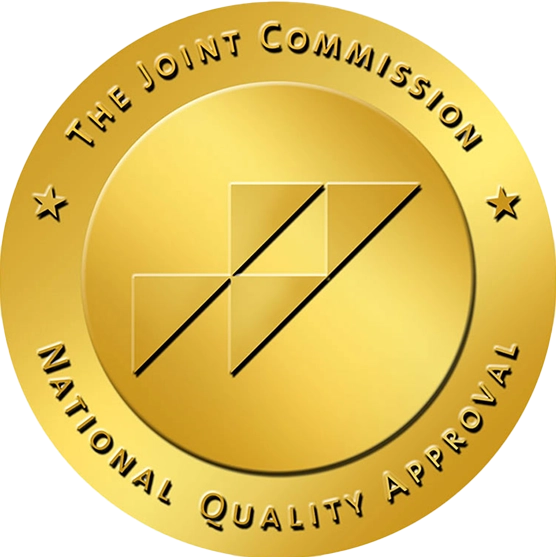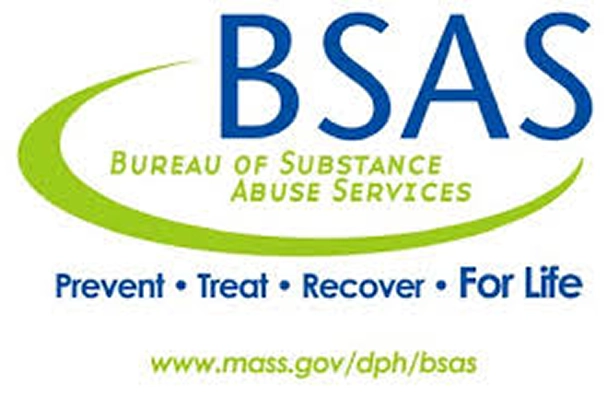Bipolar Disorder Treatments in Easton, Massachusetts
At Rebuilding Mental Health in Easton, you’ll receive evidence-based care designed to stabilize your mood and strengthen coping skills. Our personalized treatment programs combine clinical expertise with holistic therapies to help you manage bipolar disorder effectively.
What Is Bipolar Disorder?
Bipolar disorder is a mental health condition that involves shifts between depressive lows and manic or hypomanic highs. These changes can affect mood, energy, sleep, relationships, and daily functioning. With treatment, you can learn to manage symptoms, reduce relapses, and live a balanced life.
What Causes Bipolar Disorder?
Bipolar disorder develops through a combination of biological and environmental factors:
Genetics: Having a close family member with bipolar disorder can increase your risk, but it doesn’t guarantee you’ll develop it.
Brain chemistry: Differences in brain structure and neurotransmitter function can affect your ability to regulate your mood.
Environmental triggers: Stress, trauma, or major life changes may trigger symptoms in genetically vulnerable people.
Hormonal shifts: Life stages such as adolescence, pregnancy, or menopause can influence the onset of symptoms.

Why Choose Rebuilding’s Bipolar Rehab Center
Personalized, Data-Driven Treatment Plans
You’ll begin with a psychiatric evaluation that informs your individualized plan. We blend evidence-based therapies with holistic care tailored to your needs.
Flexible Treatment Options That Fit Your Life
Choose from full-day, half-day, and virtual programs that work around your responsibilities while providing intensive support.
Holistic Approach Beyond Just Medication
Alongside medication management, you’ll engage in therapies like mindfulness, expressive arts, trauma-informed care, and narrative therapy.
Expert Life Skills and Aftercare Support
Coaching helps you build systems for daily tasks, work, and relationships. You’ll practice organization, stress management, and coping strategies.
Our Bipolar Treatment Programs
Our team of psychiatrists, therapists, and coaches provides care that matches your needs and schedule.
Day Treatment
An intensive Day Treatment program is suited for people who need strong structure. You’ll attend groups, individual sessions, and skills-based work focused on attention, organization, and emotional regulation.
Half-Day Treatment
For a step down, you can attend Half-Day Treatment sessions. This offers hands-on ADHD therapy and skills training in shorter blocks, allowing you to maintain a balance between work, classes, and family life.
Virtual Treatment
Using secure Zoom video calls, you can take part in Virtual Treatment. You’ll connect with clinicians, learn skills, and get support from home when in-person care isn’t a practical option for you.

Therapies for Bipolar Disorder
Treatment for bipolar disorder works best when medication and therapy options are combined. At Rebuilding, you’ll receive:
- Cognitive-behavioral therapy (CBT): Helps you challenge negative thoughts and reduce relapse risk.
- Dialectical behavior therapy (DBT): Builds regulation skills and reduces impulsivity during episodes.
- Trauma-informed therapy: Addresses past experiences that may worsen bipolar symptoms.
- Family therapy: Involves loved ones in your recovery process and strengthens support systems.
- Group therapy: Connects you with peers who understand bipolar disorder and provide encouragement.
Bipolar Disorder Symptoms Based on Type
Bipolar I Disorder
Includes full manic episodes lasting at least one week, often alternating with depression. Therapy focuses on stabilizing mania and preventing relapse.
Bipolar II Disorder
Involves hypomanic episodes with frequent major depressive episodes. Care emphasizes managing depression and spotting early signs of mood elevation.
Cyclothymic Disorder
Causes frequent mood shifts that are less severe but long-lasting. Our therapies focus on stabilization, coping strategies, and building resilience.
Rapid Cycling Bipolar
Defined as four or more episodes in a year. Treatment includes close monitoring and intensive therapeutic support to improve long-term mood stability.
Testimonials and Success Stories
I love this place the people that work there are the nicest people in the world!
C.M.
Verified Patient
After trying numerous outpatient programs I felt that could not “get it” or get sober.
L.C
Verified Patient
Highly Recommend !! Rebuilding's Evening Outpatient Intensive Program provided me with the best way to begin my Sobriety.
M.K
Verified Patient
Insurance and Getting Started
Beginning care is a simple, supportive process:
Call for a free consultation.
We will discuss your goals and verify your insurance.
Complete an assessment.
You’ll meet in person or virtually to identify your needs.
Start tailored treatment.
Learn core skills through therapy sessions and group practice.
Step down as you progress.
Transition smoothly to lower levels of care with team support.
We accept many out-of-network insurance plans and will help verify your benefits before you begin.

Ready to Rebuild?
Living with bipolar disorder means learning skills for long-term stability. At Rebuilding Mental Health, you’ll receive compassionate care that addresses your symptoms and goals. Call us today to start treatment and take the next step in finding balance.
Ready to Rebuild?
FAQs
What is the most effective treatment for bipolar disorder?
Combined medication and psychotherapy, such as CBT or DBT, show the best results. Research shows these approaches can reduce relapse rates by up to 50%.
What’s the difference between bipolar I and bipolar II treatment?
Bipolar I focuses on preventing manic episodes, while bipolar II emphasizes managing severe depression. Both involve mood stabilization and therapy.
Is outpatient treatment effective for bipolar disorder?
Yes. Intensive outpatient programs like Day Treatment provide hospital-level care while letting you stay connected to family and work.
How long does bipolar disorder treatment take?
Most people begin with 3 to 6 months of structured therapy, followed by ongoing maintenance for long-term support.
Can bipolar disorder be treated without medication?
Therapy provides benefits, but most guidelines recommend combining medication with psychotherapy for the best outcomes.
Can you treat bipolar disorder at home?
Virtual programs allow you to attend therapy sessions from home. Severe episodes may require higher levels of care.
What triggers bipolar episodes, and how can treatment help?
Stress, disrupted sleep, and major life changes are common triggers. Treatment helps you identify triggers and build prevention strategies.
How do I choose between different treatment options?
Consider your symptoms, life commitments, and support system. Our team will guide you through choosing the right level of care.
Mental Health Resources

You might notice your college student is more focused on odds than homework, glued to their phone during games, or suddenly short on cash. At first, sports betting can sound

Many veterans carry stress that lingers long after service ends. Memories, pressure, and loss can follow them home, shaping daily life in ways that feel hard to explain. A strong

Living with bipolar disorder means dealing with mood swings that can feel like they’re controlling your life. One week, you may struggle to get out of bed. The next one,



